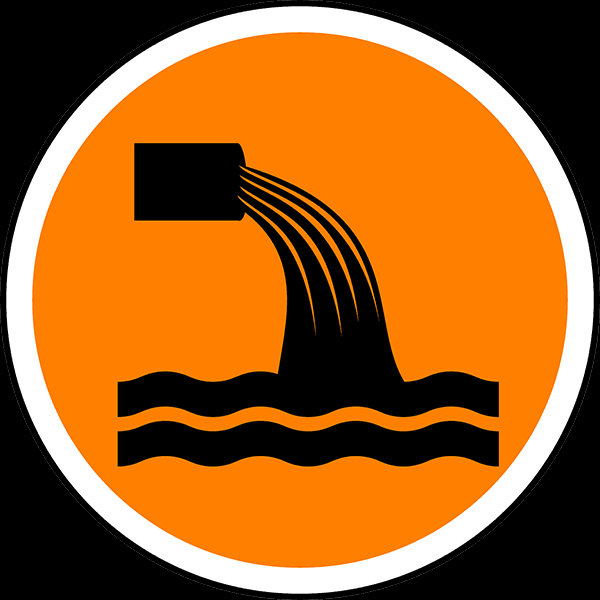It is imperative that the water supply of a community be protected from pollution and contamination. Looking at the bigger picture, effluent must be monitored closely as it can cause damage and harm to plant and wildlife that are dependent on watercourses around a specific area.
An unchecked flow of polluted water can damage sewers and can cause harm to people handling the contaminated water. Read on to learn more about effluent, the laws that keep it from bodies of water, and the common reasons why it needs to be managed and controlled at all times.
What is effluent?
Effluent is essentially wastewater which flows out from a treatment sewer or plant. It can be described as liquid waste dumped into bodies of water. There are numerous classifications of effluent, one being ‘trade effluent’. This term refers to waste water that has been contaminated with toxic metals, suspended solids, ammonia, sulphate and flammable substances etc.
Effluent and the law
The law is very clear when it comes to handling effluent. Before a business, whether it’s big or small in size, plans to dump untreated water into a sewer, it must seek to secure a permit to start doing so. These permits are required when trade effluent is going to be dumped in rivers, streams, lakes, in coastal waters, estuaries, and in groundwater such as in the case of boreholes.
The Environment Agency offers two types of permits a business can apply for when dumping effluent. The first one is called a ‘standard permit’ and it provides fixed rules that apply to certain types of effluent activities. This permit has a fixed cost.
If your business is dumping waste water that needs special treatment and management then the ‘bespoke permit’ would be more fitting. Bespoke permits have cost variations that are dependent on the effluent activity.
The purpose of effluent control
Why is there a need to control effluent? Effluent can be dangerous as it impacts public health and safety on so many levels, and this is just one of the key reasons why it is controlled and monitored carefully by the government.
Effluent control also protects the company that is dumping effluent into the sewer, because in following these regulations, business owners avoid getting hit with sanctions from the government that could indirectly affect its assets and business.
Considering the ease by which a water supply can be contaminated, effluent control also protects the environment and the quality of water in the area. By controlling the effluent a company can dump in bodies of water, it helps all businesses comply with the regulatory obligations. Not only does this spare them from trouble with the law, it also gives them a chance to maintain a positive image with their customers.
Effluent should be effectively managed so that it does not cause problems to the environment and the surrounding community. This is a reason that’s good enough for all businesses to comply with the regulations.

